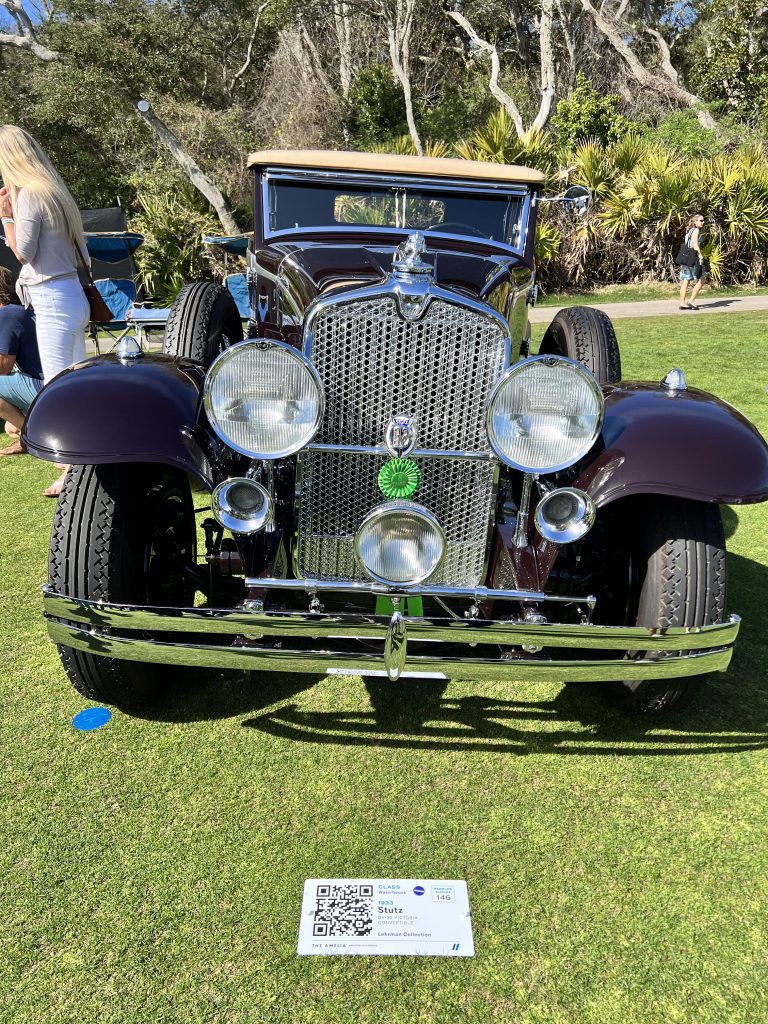Why Does Travel Make You Happy?


Travel is a great way to develop new connections and relationships. Travel make you happy and opens up new doors to people who would otherwise never meet you. Being in an unfamiliar place makes it easier to connect with others, especially when you share similar experiences. You can pick up on these relationships and make them a permanent part of your life.
MRI results show positive emotions correlate with activity in the hippocampus and striatum
The study was conducted before the recent COVID-19 pandemic. It was designed to provide a basic understanding of brain processes in adversity and how positive emotions are generated. Researchers found that even a tiny change in a daily routine could lead to positive effects. Researchers used GPS tracking to follow participants over three to four months and asked them to report whether they felt positive or negative. Then, they recorded their brain activity with MRIs.
In addition, they noted that higher mental well-being correlated with more excellent neural activity in the dorsolateral prefrontal cortex, a region located in the right inferior frontal gyrus. This region is believed to play a vital role in emotional processing. MRI results indicate that these regions respond to multiple emotional stimuli, such as pleasure, novelty, and fear.
Alternative ways to reap travel-related happiness
There are many ways to reap travel-related happiness without going on a vacation. Studies have linked novel experiences to greater satisfaction. That means exploring new neighborhoods in your city or taking a cross-country road trip. In addition, you can boost your happiness by simply planning a trip and starting the planning process.
Benefits of traveling with a friend, partner, or family
Traveling together is a great way to build stronger relationships. The experience of being together in different environments can help you learn more about your partner. When you travel together, you have more time for each other and can spend quality time together. When traveling with a partner, you can also discuss your experiences and share your feelings.
Traveling with a partner can be challenging at first. You might not share the same interests or have different goals. It would help if you talked about these things and set clear goals. This way, any misunderstandings can be avoided. If you travel with your partner, discuss your goals beforehand.
Planning a trip makes you happier
According to a study by the Institute for Applied Positive Research, planning a trip can improve your mood. The study found that people are happier before a trip and after it’s designed. Interestingly, the effects of planning a trip last for longer than the actual trip. The lead study author says that anticipation of a vacation is the main reason for the increase in happiness.
A recent poll by the Institute for Applied Positive Research found that planning a trip makes people happier and Travel relieves stress. Of those surveyed, 97 percent said a planned trip made them feel more comfortable. Some of them even said that it made them significantly happier. The results were noteworthy because they came at a time when the coronavirus pandemic hit the world.
Comparing yourself to others causes dissatisfaction and unhappiness
When traveling, it is essential not to compare yourself with others. This can lead to dissatisfaction and unhappiness. Travel experiences are very subjective and personal. It is difficult to compare yourself to others, and the comparison only creates more sorrow.
The problem with the comparison is that it leads to an unhealthy sense of competition. It can also instill a Machiavellian worldview. This was verified by a study called The Dark Side of Social Comparisons.
Planning a trip makes you more adaptable
Planning a trip allows you to broaden your horizons, learn new skills and discover new places. It also allows you to try fresh foods, visit museums, and ask questions about the sites you visit. This unique learning will help you adapt to your new environment. In Laos, for example, Sam learned about rice farming.
As you plan your trip, you should also prepare yourself for the many challenges that will come along the way. Language barriers, cultural differences, and different situations are all common challenges you’ll encounter when traveling. To overcome these challenges, you can prepare by reading about the culture of your destination. The more you know about your destination, the more quickly you’ll adjust to the different situations that might occur.
